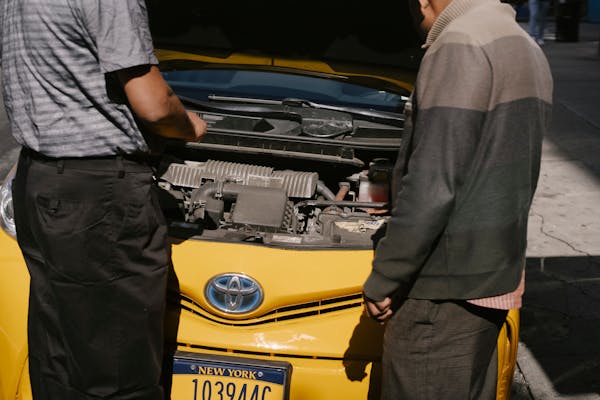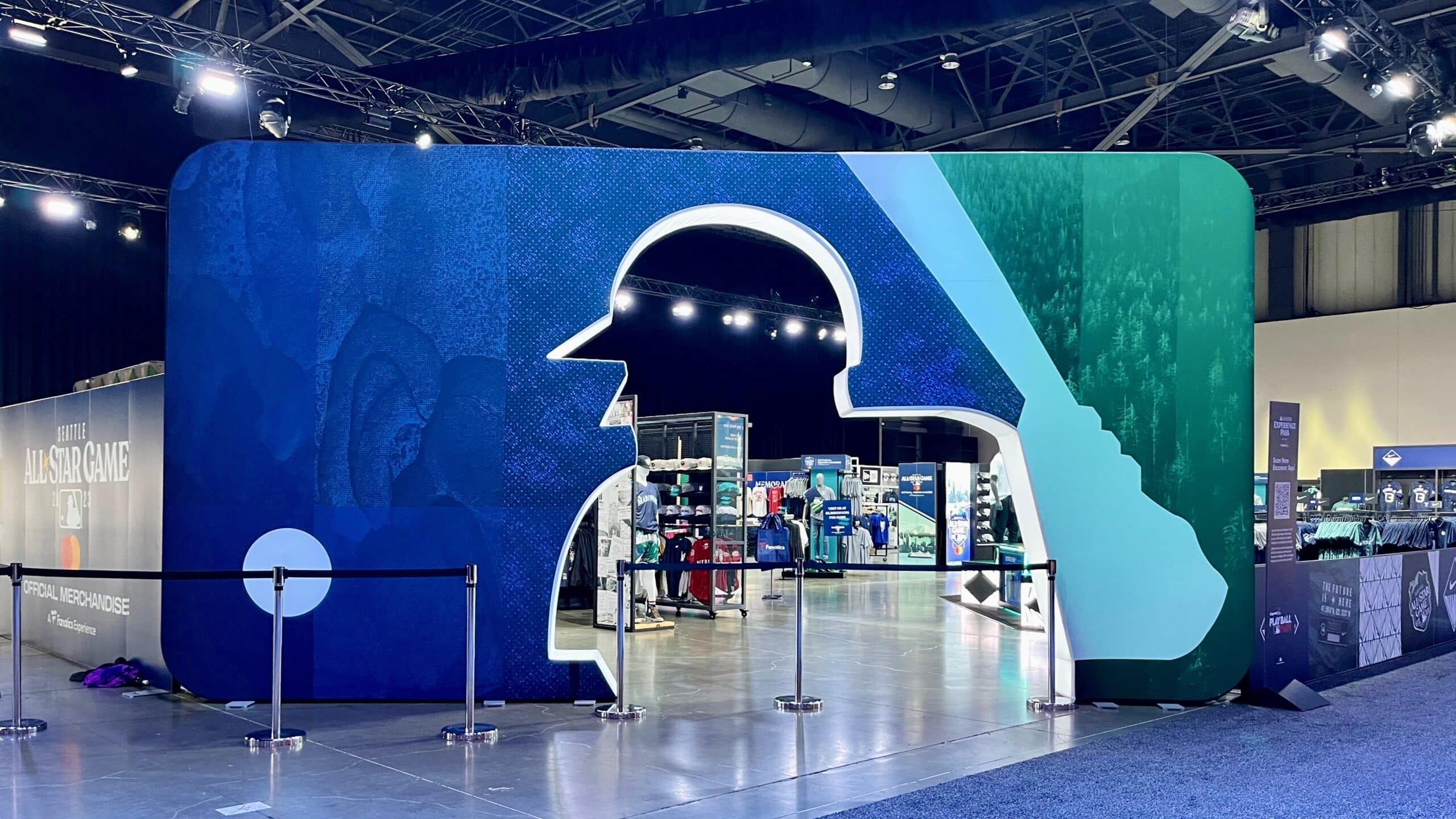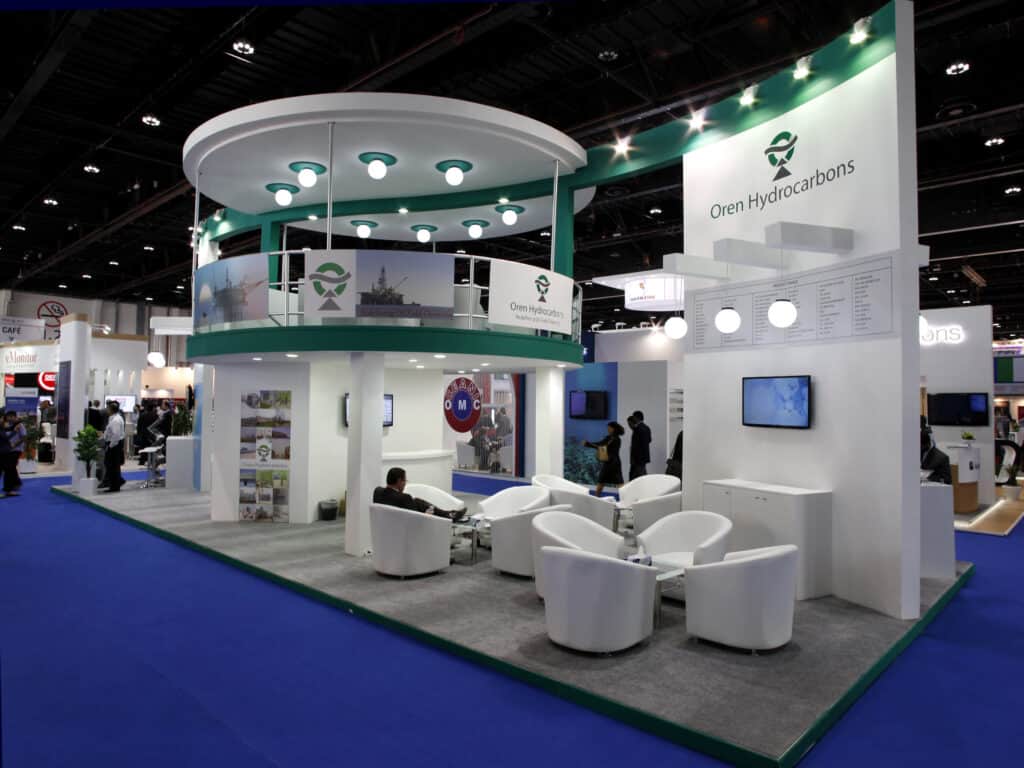
In late 2016, billionaire Elon Musk was sitting in traffic on West Los Angeles’s notoriously clogged 405 freeway while shuttling between one of his Bel Air mansions and SpaceX’s headquarters in nearby Hawthorne. Fed up with “soul-destroying traffic,” he initially suggested adding another layer to the 405 before tweeting out an even more far-fetched idea: a 3D network of tunnels.
The idea is even more complicated than it sounds: Teslas would drive from the street onto elevator platforms called car “skates,” be lowered to tunnels below ground, and be propelled autonomously at 120 to 150 miles per hour to their destinations, while their passengers relaxed. Thus was launched the Boring Company.
Musk’s new company bought a machine and started boring a tunnel under Hawthorne. An opening party for the test tunnel in late 2018 received mixed reviews. The path was bumpy; the cars did not drive themselves, and they never went faster than 40 miles an hour.
In the years since, the company built a 1.7-mile-long tunnel under the Las Vegas convention center, in which passengers are ferried back and forth in human-driven Teslas. Proposed projects in Los Angeles, Chicago, and Baltimore were scrapped. But that hasn’t stopped cities large and small, in California, Kentucky, Texas, Florida, and elsewhere, from expressing interest in building tunnels for cars. But as Curbed’s Alissa Walker explains on Today, Explained, the company is continually ghosting these cities once they bump into permitting issues or other infrastructural complexities.
Below is an excerpt of the conversation, edited for length and clarity. There’s much more in the full podcast, so listen to Today, Explained wherever you get podcasts, including Apple Podcasts, Google Podcasts, Spotify, and Stitcher.
Noel King
When does this idea become real?
Alissa Walker
He did actually buy a tunnel-boring machine. It was a second-hand machine that was used to dig sewer tunnels in Northern California. And he starts digging in the SpaceX property, which is, you know, right near LAX, in a different city, though, named Hawthorne. And he creates this whole culture around this new company that he names the Boring Company.
Noel King
So he gets a digging machine, which I’m imagining, tell me if I’m wrong — Do you remember the movie Tremors?
Alissa Walker
I do. I do.
Noel King
Okay. Is it like the monster from Tremors? It’s just, like, big and round, and it pushes through the earth?
Alissa Walker
Yeah, it chews through the ground. And that’s exactly right. You have to dig a big hole, you kind of drop it down into the ground. Then it uses these, like, large metal teeth to chew through the substrate.
Noel King
Okay. So he gets his Tremors monster. And then there is another step required here, which is convincing people, elected officials in various parts of the country, to let him dig with it. How does he go about doing that?
Alissa Walker
At the beginning, he’s just in the city of Hawthorne, which is this very small city. It does a lot of work with these aerospace companies that have always been there. So they’re probably excited about it. They see this as a way of supporting innovation. They sign off. It’s just under the SpaceX property. That’s not a problem. But then it goes under the city, and you see this just really tremendous excitement from LA elected officials. The council members actually grant him an environmental review exemption to be able to do a test dig within the city of LA area. And then you see the mayor of Los Angeles, Eric Garcetti, posts some tweets about how supportive he is of the project.
Then you start to see all this interest from other cities, representatives who do these types of projects in other cities, are coming to this test digging site, and trying to figure out like, well, what’s he doing here? Maybe we can get in on this. We need tunnels, we have traffic, you know, where do we sign up?
:no_upscale()/cdn.vox-cdn.com/uploads/chorus_asset/file/24274256/GettyImages_1311708766.jpg)
Noel King
So he begins in Los Angeles, and as you’ve said, it’s a great opportunity to dig a tunnel and make something happen. Does he and his digger, do they make a bunch of really awesome tunnels really quickly?
Alissa Walker
That’s the one thing I think is still up for debate. I mean, the big claim from the Boring Company was that they’d be able to dig faster, more efficiently, and cheaper than the way that cities were already doing it. And it’s not clear yet if they’re able to introduce any type of innovation to the tunnel boring process. But the bigger problem is these challenges that come from political, legal, environmental obstacles. And that’s what Musk himself started to run up against.
What happened in LA was kind of what happens to a lot of these projects. A group of neighbors who live on the west side, near that 405 freeway that is perpetually clogged with traffic, sued to stop it. It’s a very wealthy group of neighbors who were worried about the idea of somebody tunneling under their properties. But I will say also, there were a lot of local groups that just said, “Hey, this isn’t actually going to stop traffic.” This isn’t the way we fix this. We actually need to think about a better solution that’s going to be available to more people. And it was never very clear about who was going to be able to use the tunnels and what kind of vehicle was going to travel in them and how fast you were going. All these numbers changed all the time. And when it came down to actually pinning down what would be going on in there, and when they had the debut of this test tunnel at the end of 2018, it was actually just a regular Tesla driving through a paved tunnel.
Noel King
All right. So in Los Angeles, things get hung up with a lawsuit, but other cities do get on board?
Alissa Walker
Yeah, their first paying customer came along, and it might not surprise you that it was Las Vegas. They were planning a large expansion to their convention center and decided that they needed some kind of transportation system to get people from one side to another. And the Boring Company comes along and says, hey, we can build you one of these systems that goes underneath the convention center. It’s less than two miles long from one end to the other. So they underbid significantly compared to other proposals, they get the job, and they get to work, starting with their first paying customer for about $50 million. Then the Boring Company proposed this giant 30-mile system that’s going all over Vegas, and that is actually starting to be dug. You can actually ride from the convention center under the strip and you can pop up in a casino across the street now.
Noel King
Las Vegas is a place where it actually happened! But Elon Musk is also trying to convince other cities. Where did it not work?
Alissa Walker
Elon Musk had gone to Chicago and met with Mayor Rahm Emanuel at the time and was proposing a tunnel that would go from the downtown area to O’Hare Airport. They were saying it was going to cost up to a billion dollars and that the Boring Company would pay for all of it. In December of 2018, with the opening of the test tunnel, we had these alderpeople from Chicago come to the opening, and their reviews weren’t so good. One of them said, “It was a little bumpy. There have to be more questions answered before we can begin a type of project like that.” And one of them even said, “If you look at Elon Musk’s career, he comes off as a grifter.” So when Lori Lightfoot was elected mayor after Rahm Emanuel left office, she actually killed the tunnel immediately.
You have a place like Maryland where Governor Larry Hogan recorded this video of him standing in this field with a chain link fence around him with the sign that says the Boring Company, saying that he thinks they’re going to come build a tunnel from Baltimore to DC.
You have officials from Florida, the mayor of Miami and the mayor of Fort Lauderdale, basically replying to Musk on Twitter saying, “Oh, we need tunnels, we have bad traffic. Why don’t you come bring some of that here?” And they are actually moving forward on a project in Fort Lauderdale that would be tunneling from the downtown area to the beach.
And then you also have a situation like we had in the Inland Empire here outside of LA with the Ontario Airport, where they weren’t even talking about tunnels. And somebody from the Boring Company came to them and said, “Oh, we can help you build a tunnel transportation system that gets from the airport terminal to the local commuter rail station.” And it’s something they’re actually continuing to pursue, even though the Boring Company completely bailed on them.
You also have what they’re doing in Texas, which is where they relocated the Boring Company headquarters to, outside of Austin. And they are basically going to cities of every size in Texas and really soliciting tunnels, saying like, “How can we solve your tunneling problems? We want to propose tunnels for all of your tunneling needs.”
We also have situations like where there’s a candidate for governor in Kentucky who is just proposing that he wants to build Boring Company tunnels under the ground throughout the state. They now have people taking this idea and saying they want to be part of it and saying they want these tunnels for cars underneath their cities just because they seem to think that this is going to solve some kind of traffic problem.
:no_upscale()/cdn.vox-cdn.com/uploads/chorus_asset/file/24274257/GettyImages_1311709612.jpg)
Noel King
Is Wall Street interested in the Boring Company? Is it getting investment?
Alissa Walker
The Boring Company has gotten a huge round of investment. Just this year, in fact, Sequoia Capital, which is one of the biggest VC investors, they’re pouring a lot of money into it, and a bunch of real estate developers that maybe want to integrate it into their new developments. And so it now has a valuation of $5.5 billion, if you can believe it.
Noel King
You know, Alissa, I can’t help but think of a particular Simpsons episode. Do you know where I’m going with this?
Alissa Walker
I do. This comes up a lot. Any time I tell people about what I’m reporting on and the long saga of the Boring Company and Elon Musk going from town to town trying to sell his tunnels, the monorail episode, “Marge versus the Monorail,” comes up. It was written by Conan O’Brien, and it’s actually a riff on the very famous musical The Music Man, where Lyle Lanley comes to Springfield and tries to sell them a monorail. They have this windfall of cash, and they decide they’re going to invest in this monorail, even though they’re not sure if it is going to solve their transportation problems. And meanwhile, they’re driving home from the meeting where Lyle Lanley has done a literal song and dance to sell the idea through. And their car is like retching over these potholes, and Marge is like, “But what about Main Street?” And then they’re like, “No, you know, the monorail is going to be better, don’t worry.”
I rewatched it many times in reporting my stories because the parallels are really quite eerily similar. And what’s so funny about everybody referencing this monorail episode of The Simpsons is that the way that the Boring Company can build its system in Vegas is that it has to be called a monorail. So on all the documents it says, like, “The Boring Company is now operating a monorail.”








